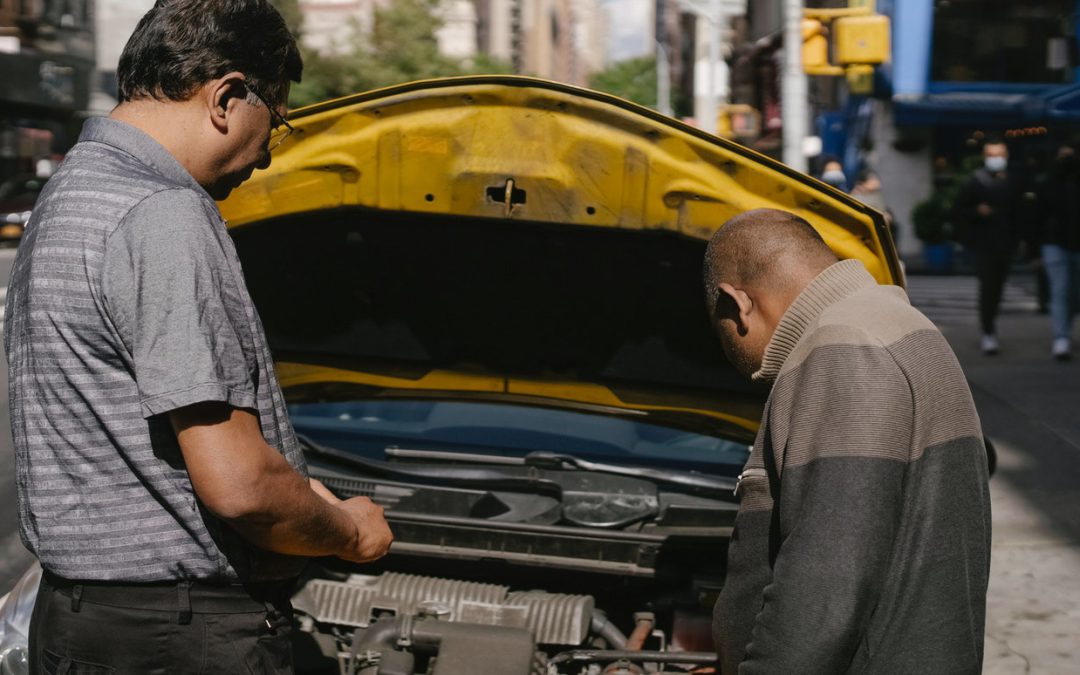Several signs can indicate that your car transmission is going bad. If you are experiencing any of these problems, it is important to take your car in for a diagnostic test as soon as possible. In this article, we will discuss some of the common symptoms of a failing transmission, as well as what to do if you think your car might have a problem. Keep reading to learn more.
What Are the Symptoms of a Car’s Bad Transmission?
When your car’s transmission is going bad, it can be difficult to determine the specific symptoms. However, there are some general signs that you can look out for. Below is a list of common symptoms that every car owner should be aware of to determine that your car’s transmission is going bad.
- A lack of response.
One of the most common symptoms that your car’s transmission is going bad is a lack of response when you shift gears. If your car doesn’t seem to be responding as quickly as it used to, or if it feels like it’s taking longer to switch gears, it could be a sign that the transmission is starting to fail. You might also notice a delay in acceleration. If you’re experiencing any of these symptoms, it’s important to take your car to a mechanic as soon as possible so they can diagnose the problem.
- Strange sounds.
Some people think that noisy transmissions are just a sign of poor maintenance, but the truth is you can get some annoying sounds from them as well. Whether it’s clunking, humming, or whining noises. Also, these types may make strange noises when shifting gears or have an unclear origin for what causes their clanking noise in particular situations which means it’s time that a mechanic should take care of it.
- Fluid leaks.
A transmission’s fuel leak is easy to spot by its red color and sweet smell. It can also take on a darker tone, like burnt toast if it’s past the car’s prime. This is the most common type of transmission leak in an automatic transmission fuel line. You can check your car’s fluids yourself at home or even while it awaits service by warming up the engine with short drives first so that you know how much power they have under pressure, then use dipstick tests to check the level of your car’s fluid.
- The smell of burning.
You can’t hear it but you know there is something wrong with your car. The burning smell tells you otherwise, as transmission fluid runs low or degrades, overheating starts to occur which causes this all-too-familiar spectacle of an engine running too hot and throwing off excessive debris into already clogged up roads. Get checked out at once if ever noticed by anyone else.
- Grinding or shaking.
Another common symptom of a bad transmission is grinding or shaking when you shift gears. This can be caused by low fluid levels, worn-out parts, or a problem with the torque converter.
- The check engine light is on.
The check engine light is trying to alert you that there’s a problem with your car. Sensors all over the vehicle can trip this warning system, even something as inconsequential as loose gas caps will set it off. When these transmission sensors activate red/blinking lights in front of you, you should be aware of it because they’re telling you about tremors which could lead to more serious issues down the road if left unchecked.
- Clutch dragging.
The symptoms of a dragging clutch can be difficult to diagnose because they only occur with manual transmissions. When you push on your gas pedal, it doesn’t disengage completely like in some automatic cars, instead, there is still some connection between master and slave cylinders which results in grinding noises when shifting gears or popping out without warning.
- It won’t go into gear.
If your car won’t go into gear, it’s a pretty clear symptom that something is wrong with the transmission. The most common cause of this problem is low transmission fluid levels. If the fluid level is low, it can prevent the gears from engaging properly. Another possibility is that the fluid has become contaminated and needs to be flushed out. Either way, you’ll need to take your car to a mechanic to have it checked out.
If you’re experiencing any of these symptoms, it’s time to call us. We’ll take a look at your car and let you know what the problem is. Transmission problems can be expensive to fix, so it’s best to catch them early. We offer a variety of services so we should be able to help you no matter what the issue is. Give us a call today and we’ll get started on finding a solution for you.
Are You Looking for an Independent Auto Service Shop You Can Trust?
If you’re considering making a change to an independent auto repair mechanic trusted by thousands of happy customers, look no further than Autotech Blackhawk. Why? We differ from other automotive repair shops because we are a relationship shop. This means that the more of your car repair needs we support you with, the better able we are to customize our recommendations based on your driving habits and needs. Whether you want to keep the daily driver in ‘good enough’ condition, style your new car so that it’s customized just for you, maintain your favorite car in ‘like new’ condition, or even train your whole family to be more knowledgeable about cars – we partner with you to ensure that your cars meet your needs. We also offer an industry-leading 3-Year/36,000-mile warranty, so we only use Original Equipment and manufacturer-recommended products. Contact us now to book your no-contact, friendly appointment! We truly value your trust and your business, so thank you for staying local with your auto repair needs.

